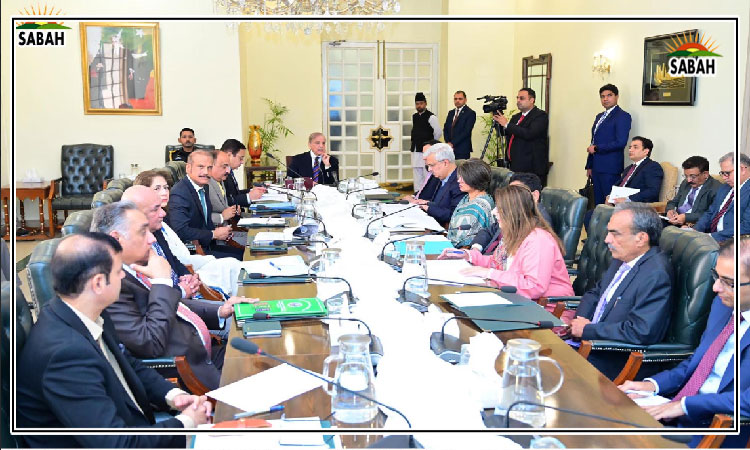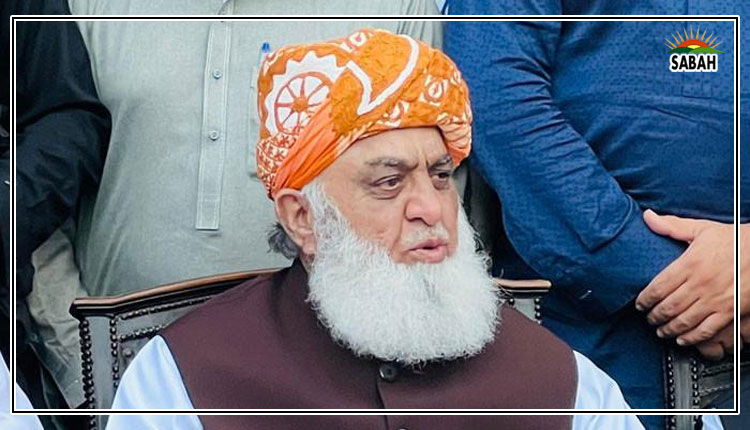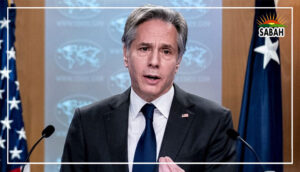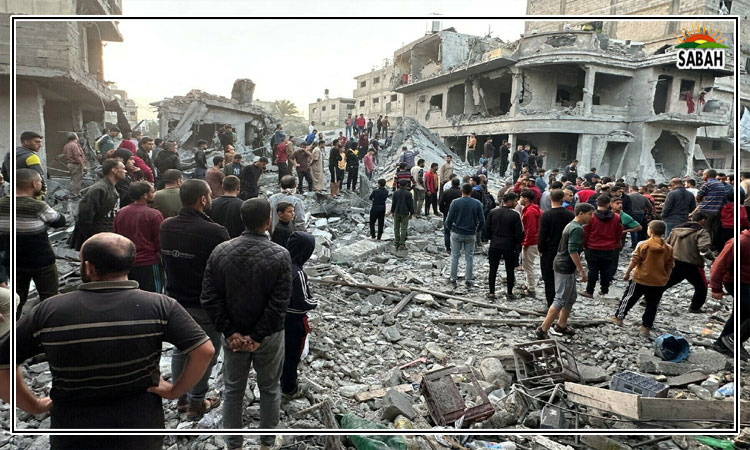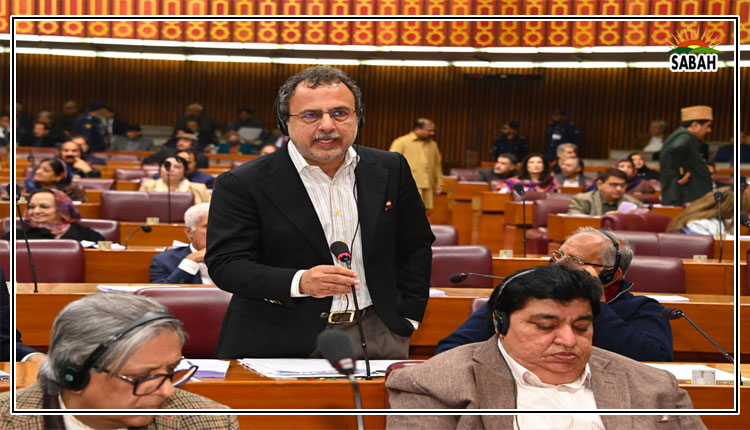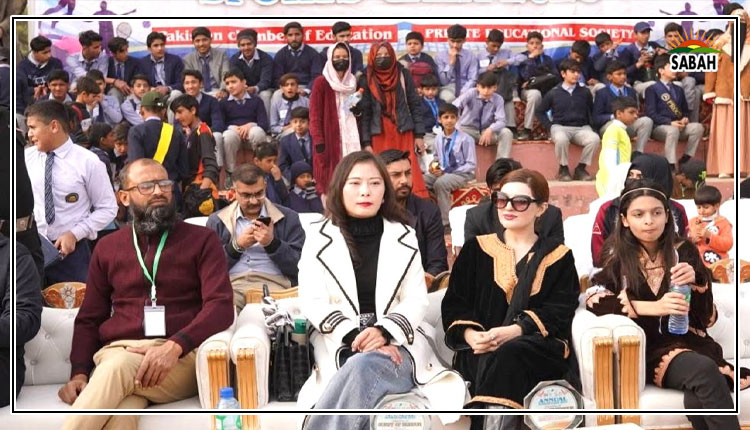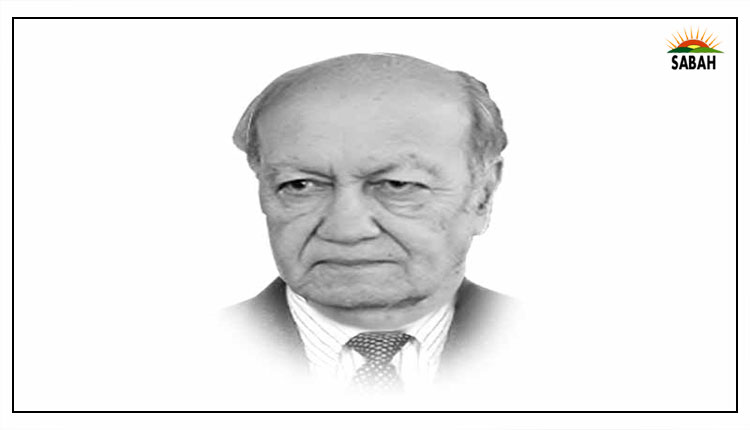Exploring ways for a better future…Talat Masood
Aseefa Bhutto, the young parliamentarian and scion of the Bhutto family, last week made an impressive speech as a part of the debate on the budget for fiscal year 2024-2025. She primarily focused on how the budget would impact on the well-being of the working class and the poor and downtrodden. The presentation did reflect her sensitivities toward the poor cross-section of society, a common positive trait in the Bhutto family. It also indicated it would not be long before she would be an important politician in her own right. Her speech content and mannerism did bear some resemblance of her mother, Benazir Bhutto, who had great compassion and sensitivity toward the poor, which is not a common trait found among elite. It is this quality of hers that endeared her to the masses and left an indelible impression on them.
It is expected that the leadership on both sides of the aisle will prioritise the uplift of the poor and downtrodden. Pakistan can maximise its progress and exploit its potential provided the government focuses on the uplift of the poor and create conditions that could transform their lives. Hopefully, the present and future governments focus will be on good governance and uplift of the masses. These have been the central planks of political partys election manifesto but remained largely unrealised. What is disappointing is that there is not sufficient focus on interior Sindh that still remains a deprived region where at places even basic necessities are hard to get. Regrettably, similar hardships are faced by people in Balochistan and in certain places in Khyber-Pakhtunkhwa.
The leadership keeps reiterating its commitment to the uplift of the masses. The Planning Commission, in consultation with both sides of the aisle, prepares comprehensive and workable plans but it is primarily in the implementation phase that we are weak. There are other areas such as the emancipation of women and the education of girls that has remained neglected especially in rural areas. The primary reason for these slippages is more fundamental and has to be addressed in a broader perspective. Neglecting these areas has cost the country and the people have badly suffered.
The genuine grievances of the Baloch people need to be addressed. Foremost is to remove the impression that they do not have a say in their provincial matters and its governance is in the hands of leaders from other provinces and the army. They seek for more autonomy and authority vested in their leadership.
Other aspect that is of concern is the deteriorating security in K-P in areas close to the Pak-Afghan border where TTP has stepped up attacks. The security situation in Balochistan has been bad for a long time. People have suffered and it has weakened the capacity for local democracy. The Pak-Afghan porous border will remain an issue unless the Afghan government takes deliberate measures to control it. So far, despite Pakistans urgings this has not been the case forcing Pakistan to take preemptive measures.
While the government has to seriously focus on the security situation, it is equally important that the leadership addresses some of the major weaknesses in critical areas particularly the education and health sector. Pakistan will be denied its rightful place in the comity of nations and its people will remain in the tutelage of poverty so long as the education and health sectors remain weak. Developments in space and scientific fields are improving our comprehension of not only the world we live in but the universe. We have the capacity to change and our scientists and engineers have proved it in the development of nuclear and conventional areas provided there is the right focus and fair apportioning of resources.
Fighting among political parties and feeble democratic ethos are a drag on the country and taking a toll on the people. Certainly, these are areas or problems that can be addressed. It would be a defeatist mentality to consider that Pakistan is destined to be where it is. However, the responsibility to correct course rests with the political and military leadership. It is not that we do not know the way to go about it but extraneous and self-interest take precedence. For the political elite of ours to render genuine public service they need both a good level of education and character. We are now living in an age that is very different and this has not fully sunk in our elite. This is so apparent from the policies being pursued and the nature of debate and discussions that take place in parliament or at public forums.
Leaders around the world that have made an impact were those who had gone through the rigours of political involvement whilst continuously educating themselves and learning from others. There is a need for the younger generation of leaders to focus on these aspects for meritocracy to be inculcated in the real sense.
Another character trait that needs to be emphasised is the rights of others and due consideration of their expectations. Our own experience of seventy-six years reminds us of how critical it is for leaders to possess these traits and promote them for the efficiency and prosperity of the nation. It is doubtful if any serious thought is being given to inculcate these virtues in the younger leadership.
Whereas there is a long list of what is to be done to change Pakistans destiny but certainly priorities by the government have to be given to areas that are fundamental in changing course in the positive direction. Education is certainly one and the other is improving the security situation. With quality education and higher literacy rates job opportunities within and outside the country are likely to increase. This will contribute toward improving the economy and raise countrys image and standing. Focusing on improving the security situation is critical and this is the most challenging task that the government faces. This would require greater vigilance on the border, close coordination with Afghanistan and improvement in the economic conditions of the people living in tribal areas.
Courtesy The Express Tribune




